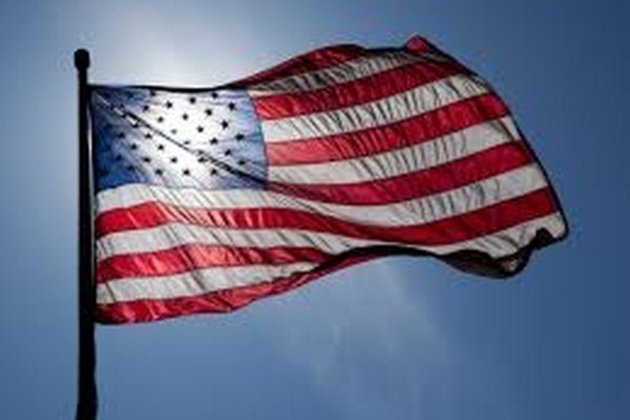

Washington [US], October 5 (ANI): The United States has termed China’s recent military activity near Taiwan “provocative” and “strongly urged” Beijing to cease its military, diplomatic, and economic pressure and coercion against Taiwan.
“We remain concerned by the People’s Republic of China’s provocative military activity near Taiwan, which is destabilizing, risk miscalculations and undermines regional peace and stability,” White House Press Secretary Jen Psaki said at a news briefing when asked to comment on the issue.
She urged Beijing to cease all kinds of pressure and coercion against Taiwan and said the United States has an abiding interest in peace and stability across the Taiwan Strait and therefore will continue to assist Taiwan in maintaining a sufficient self-defence capability, Focus Taiwan reported.
Since Friday, China has sent almost 150 aircraft into Taiwan’s defence zone.
On Monday. a record 56 fighter aircraft flew towards Taiwan, continuing three days of sustained aggressive military posturing against the self-ruled island.
Taiwan’s Ministry of Defence announced that People’s Liberation Army Aircraft’s (PLAAF) 34 Shenyang J-16 fighter jets, two SU-30 fighter jets, two Shaanxi Y-8 anti-submarine warfare (Y-8 ASW) planes, two KJ-500 airborne early warning and control aircraft (KJ-500 AEWC), and 12 Xian H-6 bomber entered Taiwan’s air defence identification zone (ADIZ).
Psaki said high-level officials in Washington who are in constant communication with Beijing have conveyed the U.S.’ concern through diplomatic channels.
U.S. State Department spokesperson Ned Price echoed Psaki during a separate briefing, saying that the U.S. “strongly urged” Beijing to cease its military, diplomatic, and economic pressure and coercion against Taiwan.
Since mid-September of last year, Beijing has stepped up its grey-zone tactics by regularly sending planes into Taiwan’s ADIZ, with most instances occurring in the southwest corner of the zone and usually consisting of one to three slow-flying turboprop planes.
Beijing claims full sovereignty over Taiwan, a democracy of almost 24 million people located off the southeastern coast of mainland China, despite the fact that the two sides have been governed separately for more than seven decades.
Taipei, on the other hand, has countered the Chinese aggression by increasing strategic ties with democracies including the US, which has been repeatedly opposed by Beijing. China has threatened that “Taiwan’s independence” means war.
On June 1, Chinese President Xi Jinping pledged to complete reunification with self-ruled Taiwan and vowed to smash any attempts at formal independence for the island. (ANI)
24World Media does not take any responsibility of the information you see on this page. The content this page contains is from independent third-party content provider. If you have any concerns regarding the content, please free to write us here: contact@24worldmedia.com

Common Mistakes When Using Athletic Field Tarps

High-Performance Diesel Truck Upgrades You Should Consider

Warehouse Optimization Tips To Improve Performance

Fire Hazards in Daily Life: The Most Common Ignition Sources

Yellowstone’s Wolves: A Debate Over Their Role in the Park’s Ecosystem

Earth Day 2024: A Look at 3 Places Adapting Quickly to Fight Climate Change

Millions of Girls in Africa Will Miss HPV Shots After Merck Production Problem

This Lava Tube in Saudi Arabia Has Been a Human Refuge for 7,000 Years

Four Wild Ways to Save the Koala (That Just Might Work)

National Academy Asks Court to Strip Sackler Name From Endowment

Ways Industrial Copper Helps Energy Production

The Ins and Out of Industrial Conveyor Belts